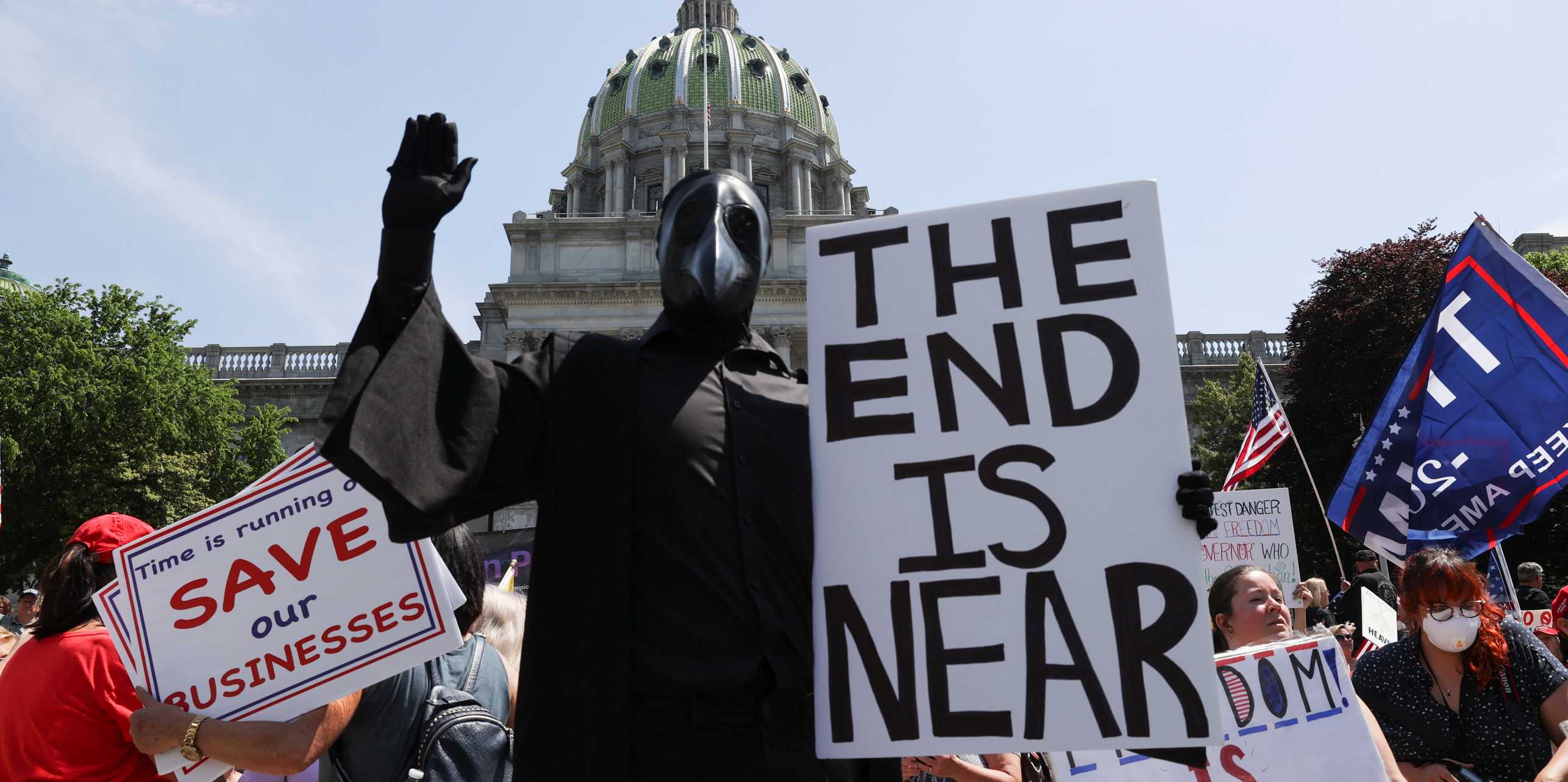US Evangelicals: From Prophecy to Policy
Many evangelicals draw on Biblical prophecies about the apocalypse in order to shape US policies. Multilateral solutions to global problems need to recognize and constructively include such worldviews, argue Cora Alder and Emanuel Schäublin in this CSS Policy Perspective.

Key Points:
- In the coming decade, the positions, demands and worldviews of evangelicals and other Christians will continue to shape the US stance on global issues.
- Under the Trump administration, white evangelicals have had unprecedented access to the White House. The presidency has made Biblical references part of its political language.
- Many evangelicals interpret current events as divine signs fulfilling Biblical prophecies about the end times. When such worldviews are politically elevated, they shape US policies on a range of issues such as the current pandemic or the US investment in multilateralism.
- Coming to terms with evangelical worldviews driving US criticism of, and potential retrieval from, multilateralism requires recognizing their linkages to political power and their flexibility in adapting to evolving situations.